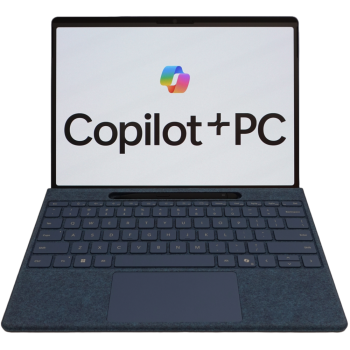Mike Rowe is the former opera singer whose TV show Dirty Jobs champions the blue collar workers and their often unpleasant labor that our society depends on. Rowe supports Trump’s tariffs and his goal of bringing manufacturing back, but he notes some problems that are not being addressed.
He is quoted by Nicole Silverio at The Daily Caller:
“If, in general, [Trump] gets manufacturing reinvigorated in this country, then there’s gonna be a challenge that a lot of people aren’t talking about, which is labor,” Rowe said. “So, in January there were 482,000 open positions in manufacturing in this country, 480,000 open positions. If he gets his way and this all gets reinvigorated. You’re talking about 2 or 3 million new jobs, but there’s no workforce sitting there going, ‘this is what I want to do.’ They’re not prepared. There’s a skilled gap for sure, but there’s also a will gap.”
“Donald Trump is going down a road, and if he succeeds, he’s going to create millions of manufacturing jobs in a country that currently has 500,000 manufacturing jobs open because the people who run those factories can’t find people who want to do the work. So it’s not enough to create the jobs,” Rowe continued.
To look at the issue from another perspective, the latest reported unemployment rate was 4.2%. Who is going to take the millions of new jobs that will be created if we shut down imports and start manufacturing everything here?
Right now, if you go on a typical factory floor, you will find lots of recent immigrants. One would like to think that most of them are here legally, but employers haven’t been asking a lot of questions. If we send back those who are here illegally, what will that do to the labor shortage that, as Rowe says, is already something manufacturers are struggling with?
Another problem is that our educational system is not turning out people who have the skills for this kind of work. Rowe makes that point:
“The bigger issue still is there’s no enthusiasm for the work. We took shop class out of high school, we robbed kids of the opportunity to even see what that kind of work even looks like and then we told a whole generation of kids that they’re fricken screwed if they didn’t get a four-year degree,” Rowe told Vonn.
This is also a cultural problem. Blue collar jobs aren’t high status enough, we think, so, given the value we place on upward mobility, young people, their parents, and schools fixate on white collar jobs.
Then there is the impending “birth dearth,” the demographic population drop due to fewer people having children, which will intensify our labor shortages in all fields.
Theoretically, the increased demand for factory workers will send up wages, making those jobs more attractive and probably more socially in demand. (That means prices for the manufactured goods will also go up, but that’s a different problem.) People currently employed in white collar jobs will have to change the color of their collars, which may mean shortages in the service and professional professions, but the economy can probably endure that.
Technology can also be expected to pick up some or a good deal of the slack, making factory workers more productive, which means we don’t need as many of them. And, in fact, technology may mean that we need fewer white collar workers. Automation has taken the jobs of manual workers for centuries, but now AI is threatening white collar workers. I am skeptical of the hyped-up potential of AI, but it may be that teachers, lawyers, journalists, managers, coders, analysts, report writers, health-care professionals, and others will be looking for work. But this too will be disruptive.
The point is, switching from a service-based economy to a manufacturing-based economy and from a white collar-oriented labor market to a blue collar-oriented labor market, will mean monumental changes to this country. They may well be good changes in the long-run, but the transition will have a monumental effect, not only economic but also educational, social, and cultural. Some of these we can predict, though there will also likely be unintended consequences that we’ll have to navigate. If we are serious about going in this direction, we need to start making preparations.
We might look to Germany, which has a modern and prosperous economy while also being a manufacturing powerhouse. Part of their secret is their three-tiered educational system. Children are rigorously tested at various ages and funned into one of three kinds of secondary education: Those with the highest scores are funneled to a Gymnasium, where they are given a largely-classical education that prepares them for a university and for white collar careers. Those who don’t score as high can qualify for a Realschule, which prepares them for higher level vocational training. Those with the lowest scores are sent to a Hauptschule, which prepares them for lower-skilled trades.
This tends to go against the grain for Americans, due to our belief in equal opportunity and social mobility. We also don’t like the pressures put on a child, whose whole future depends on one test. Such a system may be in accord with the remnants of the European class system, which it perpetuates, but it tends to strike us Americans as just wrong. But it certainly “works.”
And how do all of these proposals jibe with the doctrine of vocation? I’ve been told by Germans that this teaching of Luther, even in their highly secularized society today, gives dignity to every kind of labor, so that Germans have a high respect for Realschule and Hauptschule graduates and the work that they do. Maybe that is the key to the socio-economic transition that faces the United States.
Photo: Mike Rowe by U.S. Fish and Wildlife Service Southeast Region – Ready for a Dirty Job, CC BY 2.0, https://commons.wikimedia.org/w/index.php?curid=56810957













